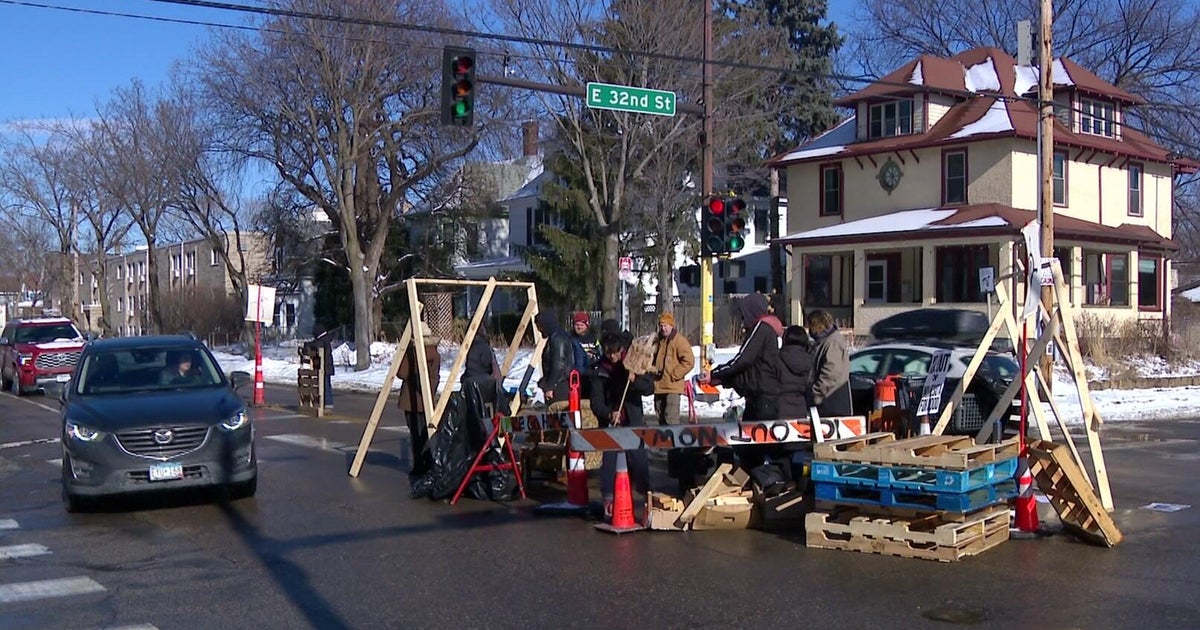What Does Sensory Deprivation Do To A Person?
MINNEAPOLIS (WCCO) -- For the first 10 days of being trapped in a cave, the 12 Thai soccer players and their coach had very little food or water and no access to light.
That's considered sensory deprivation – when someone loses one of their five senses.
So, what does sensory deprivation do to a person? Good Question.
"When you have a lack of light, you begin to lose a sense of day versus night," says Dr. Anupam Kharbanda, an ER physician and Chief of Critical Care Services at Children's Minnesota. "The second thing that happens is hallucinations."
Dr. Kharbanda says those hallucinations would likely start within the first two or three days. That's because the brain is craving information, so the lack of it causes the brain neurons to fire and the brain is receiving that firing in a different way.
On Monday, the second group of boys were rescued from the cave. Within two minutes to leaving the cave, they were transported onto helicopters for the 37-minute ride to the hospital. Dr. Kharbanda says it's likely they were given IV fluids to fight dehydration, as well oxygen because they'd spent so long inside an area with low oxygen levels.
"They had less fat on them so the degree of dehydration may be more profound," says Dr. Kharbanda.
He says people can recover from dehydration and low oxygen levels quickly, but it must be done carefully. It can take up to five days to properly give nutrients to someone who hasn't eaten in over a week.
Upon arriving at the hospital, the boys were quarantined and given the entire eighth floor because their doctors are worried about infections, according to CBS News.
"The thing they're mainly concerned about it leptospirosis, which is a disease found in caves and ultimately, it's transmitted through the urine of bats, the dropping of bats and rodents," Dr. Robert Glatter, an emergency room physician with Lenox Hill Hospital in New York City, told CBS This Morning.
Dr. Glatter says that the incubation period of that bacterial disease is three weeks, but he doesn't believe the boys should be separated from their parents for that long.
"In my mind, I think the psychological effects are really more severe at this point," Glatter said. "This is so critical. I think the children need to be hugged, loved."
Dr. Karbanda says he expects the boys and the coach to experience some sort of post-traumatic stress disorder and depression that can be helped by therapy and strong family support.
"The fact that they were together, being able to bounce ideas off each other, sing together, share stories and provide solace, I'm sure that will provide them with a better recovery," he says.







